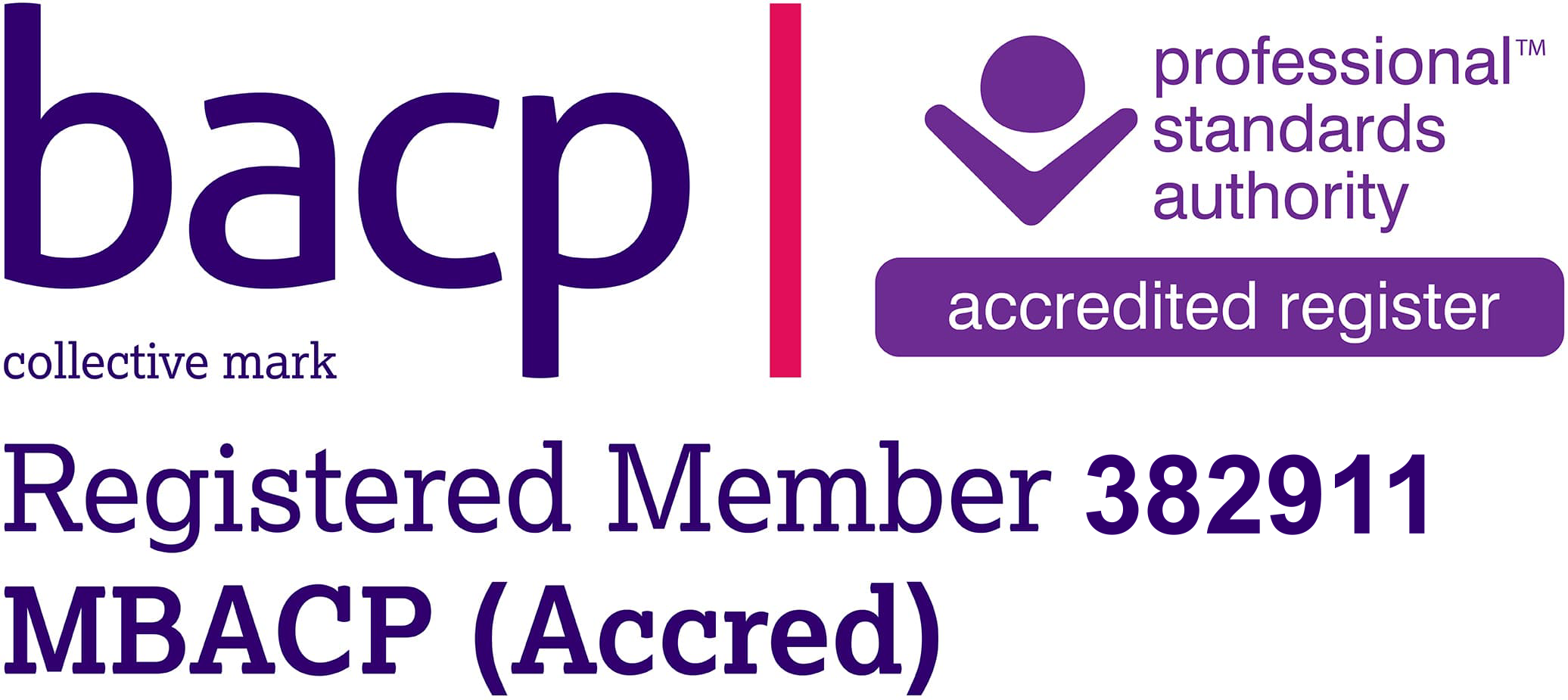Understanding Antidepressants: Side Effects, Addiction and Withdrawal
As a counsellor, part of my responsibility is to offer guidance and support to clients dealing with the complexities of mental health treatment. Antidepressant medication is a commonly prescribed treatment for both anxiety and depression, so it is essential to understand the potential side effects, addictive properties, and withdrawal effects associated with these medications.
Antidepressants work by affecting functioning in the brain to alleviate symptoms of depression and other mood disorders. While they can be highly effective for many individuals, for some there is no positive benefit, and for others they can result in negative and sometimes very harmful experiences.
It is essential to be aware of the possible side effects which include nausea, weight gain, disturbed sleep, drowsiness, and sexual dysfunction. These side effects can vary depending on the specific medication and the individual's response to it.
Another important consideration is the potential for antidepressants to be addictive. While antidepressants are not considered addictive in the same way as substances like alcohol or drugs, some individuals may experience dependence on these medications. This dependence can manifest as a reliance on the medication to cope with daily life or a fear of discontinuing the medication due to withdrawal symptoms.
It is essential to understand that abruptly stopping antidepressant medication can lead to a wide range of withdrawal effects. These effects can include flu-like symptoms, dizziness, irritability, anxiety, depression and insomnia. Withdrawal effects can vary in severity and duration depending on factors such as the type of medication, the dosage, and how long the individual has been taking it.
Given the potential side effects, addictive properties, and withdrawal effects of antidepressant medication, it's essential for clients to approach treatment with awareness and caution. Here are some tips for navigating antidepressant treatment:
Open Communication: Maintain open and honest communication with your GP, therapist and other healthcare providers about any side effects or concerns you may have about your medication. Your GP can work with you to adjust your dosage or explore alternative treatments if necessary.
Monitor Your Symptoms: Keep track of how you're feeling both mentally and physically while taking antidepressants. If you notice any new or worsening symptoms, discuss them with your GP promptly.
Gradual Changes: If you and your GP decide to discontinue antidepressant medication, it's essential to do so gradually under medical supervision to minimize withdrawal effects.
Holistic Approach: In addition to medication, consider incorporating other forms of treatment such as therapy, exercise, and mindfulness practices into your mental health routine.
Ultimately, the decision to take antidepressant medication is a personal one that should be made in collaboration with a qualified healthcare professional such as your GP or psychiatrist. By being informed about the potential side effects, addictive properties, and withdrawal effects of antidepressants, individuals can make empowered choices about their mental health treatment journey.
As a counsellor with over 20 year's experience as a nurse, healthcare assistant and carer, I can offer support and guidance that you need.

